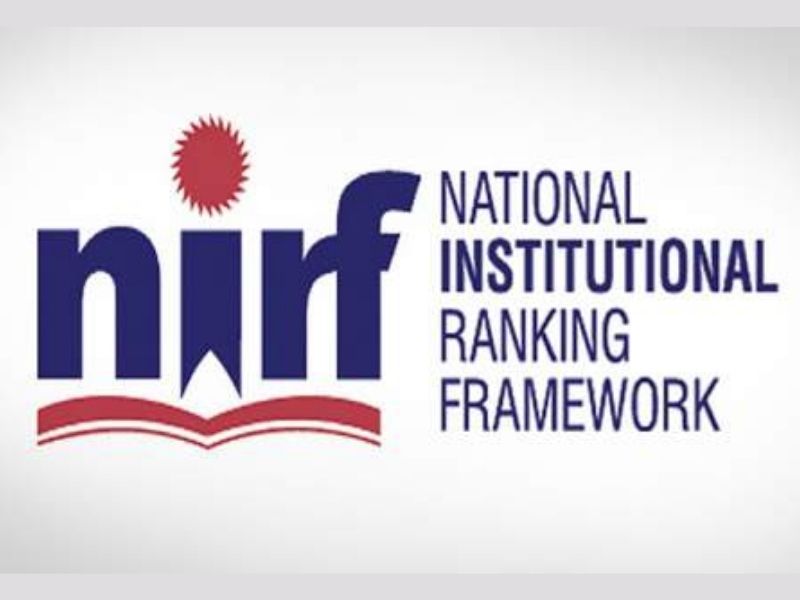Fluctuations, lack of transparency, reliance on self-reported data among inconsistencies in NIRF: Study
A research paper has highlighted several inconsistencies in the education ministry’s National Institutional Ranking Framework (NIRF) for higher education institutions, including a lack of mechanisms to directly assess teaching quality, significant fluctuations in rankings, inadequate transparency in methodology, and a reliance on self-reported data.
The paper, authored by former IIT-Delhi director and current vice chancellor of Birla Institute of Technology and Science (BITS) V Ramgopal Rao, along with Abhishek Singh from BITS Pilani, was published in the ‘Current Science’ journal. The study critiques the NIRF’s ninth edition, announced earlier this month, for its shortcomings in providing a reliable and comprehensive assessment of educational institutions.
According to the paper, the NIRF rankings, while aiming to promote transparency and accountability, exhibit various inconsistencies. These include large year-to-year fluctuations in rankings, an overemphasis on bibliometrics at the expense of non-traditional research outputs, subjective perception rankings that can introduce bias, challenges in measuring regional diversity, and the omission of critical factors like teaching quality, which are essential for evaluating educational effectiveness.
The authors argue that the absence of mechanisms to directly assess teaching quality, such as classroom observations, student evaluations, and alumni feedback, leads to an incomplete picture of an institution’s educational prowess. Furthermore, the paper points out that the NIRF rankings lack a damping mechanism, unlike international rankings such as the QS World University Rankings, to smooth out large interannual data swings, raising concerns about the stability and reliability of the rankings.
The study also questions the reliance on self-reported data, which can vary in consistency and accuracy across institutions of different sizes and structures. This variability could result in disparities in ranking outcomes and may inadvertently favor institutions that excel at presenting data in a favorable light rather than those genuinely performing well academically.
While acknowledging that the NIRF rankings are a valuable tool for assessing educational institutions in India, the study emphasizes the need for continuous dialogue and refinement of the framework to address these identified issues. If left unaddressed, the paper warns, these inconsistencies could impact the credibility and relevance of the NIRF rankings, potentially affecting the perceptions of key stakeholders, including students, parents, and policymakers.
Source: PTI
Also read: NIRF Rankings 2024: Top institutes in each category
















Add comment